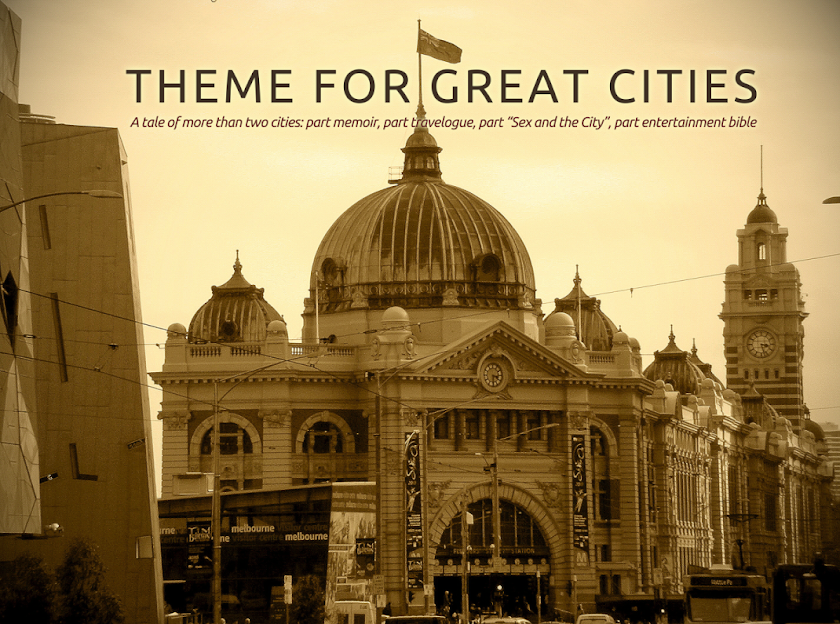How fitting, I thought to myself. A poem that Coleridge wrote in 1797 (or thereabouts, according to Wikipedia) after awakening from an opium-induced dream was the perfect kicker to a night like this. I'm not sure what an opium-induced dream feels, or looks, like, but I figured it couldn't be far from what had been going on right before my eyes earlier in the night while that band was playing "Wish You Were Here."
I'd considered scribbling it down on my iPod Touch's Notes application, but something else distracted me (the baby/monkey/evil troll?). Then during the taxi riding home, I begged the driver to hurry so that I could document all the peculiar goings on swirling around in my head. Now that clear thinking is once again prevailing full-time, I suspect that on paper they wouldn't have had quite the same effect as my favorite lines from Kubla Khan, which, decades after I first read the poem, still make me feel like I'm tripping right beside Coleridge every time I read them.
"A damsel with a dulcimer
In a vision once I saw:
It was an Abyssinian maid,
And on her dulcimer she played,
Singing of Mount Abora"
I'm not sure what any of that means, but can't you just picture it? That's the mark of a true master of prose, someone who can take a such a singular experience (say, deep slumber following an opium trip) and make it, if not quite universal, something that everyone can relate to, or visualize. In college, I took an Oral Interpretation class in which I recited Kubla Khan for one of my assignments. As I stood in front of the class, quoting the classic poem, feigning horror and ecstasy, I swear I could actually see Coleridge's visuals looming behind the confused faces of my classmates. I got an A.
"That sunny dome! those caves of ice!
And all who heard should see them there,
And all should cry, Beware! Beware!
His flashing eyes, his floating hair!
Weave a circle round him thrice"
Over the years, I've known several talented poets -- my brother, a friend from college, the 26-year-old from Chicago whom I met in DJ Station a few weeks ago -- and although I can't say that I "get" the art form in general, I have a high level of respect for great poets that I usually reserve only for songwriters, among literary artists. I think it's because I couldn't imagine ever writing a song worth singing, or, my childhood ode to Thanksgiving Day aside, a poem worth reciting.
Perhaps there's a poet in me waiting to release something that's even a fraction as great as Kubla Khan. Hopefully, unlike Coleridge, I won't have to take anything to get it out.


No comments:
Post a Comment